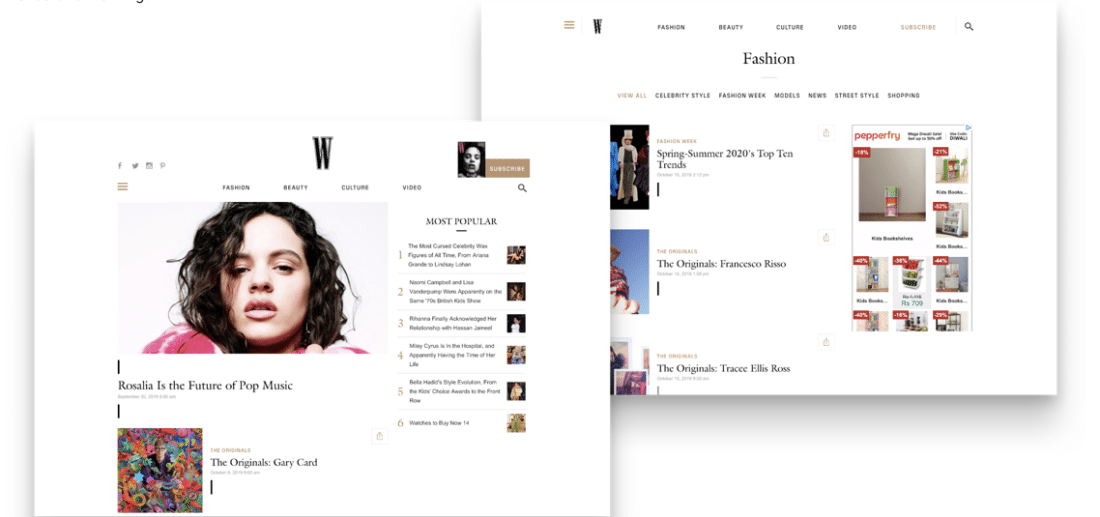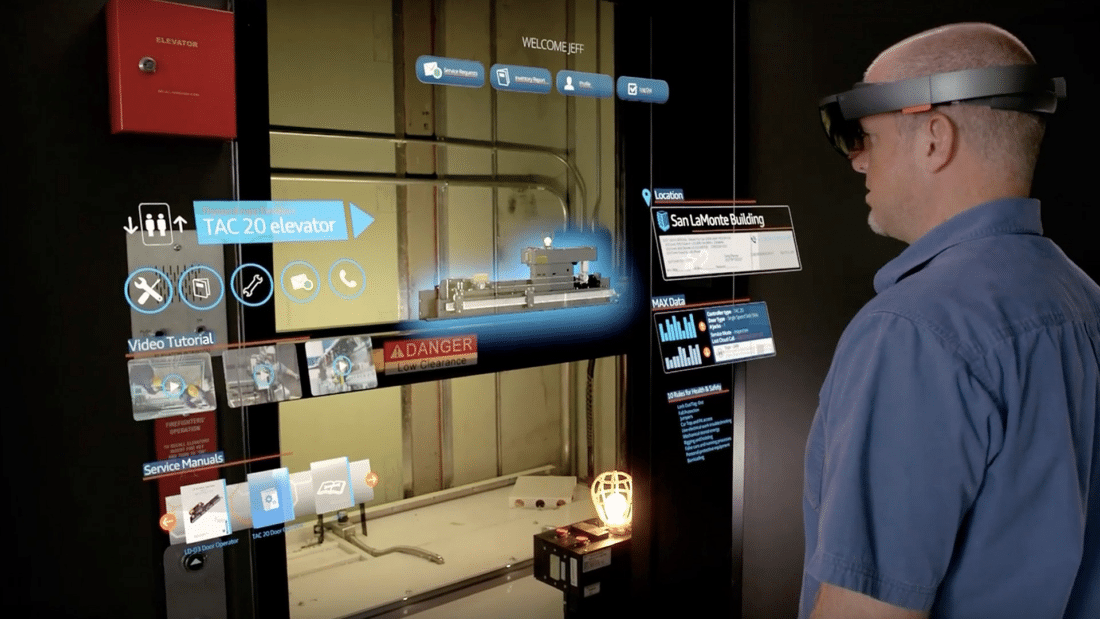What is built on the web is not naturally applicable to an app; what’s built for an app may not be naturally applicable to the web. Even when they are parallel experiences, there are intricacies and benefits to both.
Lucky Gobindram is the EVP of Sales and Marketing at CemtrexLabs and CemtrexVR, a NYC-based creative technology studio that designs and builds digital products and experiences using cutting-edge techniques in user experience and engineering.
Gobindram was nominated for Outstanding 50 Asian Americans in Business by the Asian American Business Development Center. He is a regular TEDx speaker.
In this episode of Velocitize Talks, Gobindram shares how brands can leverage spatial media in marketing.
Good Migrations (1:26)
It’s never about what we do or what we prefer; it’s more about what the client’s long-term goals are from an end-to-end perspective.

CemtrexLabs is a creative technology lab using emerging technologies to solve business problems. All of their projects, from web and mobile to spatial media, begin with a diagnostic discovery phase. This helps the company take a close look at their current needs in order to prescribe the best solutions.
When working with clients, CemtrexLabs employs a four-part process: Discovery, design, development, and deployment. In a site redesign for W Magazine, they first assessed the current status and then created a successful migration strategy. The results? An optimized user interface, streamlined revenue streams, and no downtime or loss of SEO.
Spatial Media, VR and VT (3:54)
While consumers are always of interest and gaming is a natural use case, VR lends itself more to enterprise.

With the rise in 5G and the steep decrease in device cost, Gobindram thinks the marketplace is at a point where virtual reality is finally set to commercialize on a mass consumer level. And while consumers have traditionally been the target market for VR, enterprise is surpassing other segments of CemtrexLabs’ business.
Incorporating VR for training, education and collaboration efforts for enterprises was not always the first choice; however, using virtual training to train soft and hard skills virtually as well as in person is extremely effective. According to Forbes, VR provides increased access and greater ability regarding standardizing operations while being scalable at the same time. It’s also adept at connecting remote teams and experts.
This is a market at a serious inflection point, and Gobindram sees adoption of VR continuing to increase.
Crisis Marketing (6:33)
We drove people to buy their product, interact with their brand, see things that would have probably not been experienceable in a spatial media paradigm without AR, but didn’t limit them because of the pandemic.

As Covid-19 altered customer’s access to retail and hospitality brands, the digital marketing industry adapted. Gobindram advised his clients to adopt digital mediums and methods in order to continue to interact with their customers. This allowed brands to stay relevant and top of mind for consumers.
One CemtrexLabs client, Modelo, used WebAR technology to promote a clothing collaboration with RSVP Gallery, a Chicago streetwear brand. Customers scanned a QR code that sent them to a website offering a chance to win their apparel and products. It was a hit with both customers and the client, resulting in thousands of sweepstakes entries. It also brought a smart approach to bringing merchandise to life.
Emotionally Engaged (8:16)
Marketing needs to increasingly become more experiential, something that you start to learn and feel the ethos of a brand.

Pre-pandemic experiential marketing mostly meant creating memorable in-person experiences to create and enhance connection and engagement. But the need for experiential marketing hasn’t diminished; in fact, it is needed now more than ever since consumers are more discerning about how they interact from home.
“When you can make somebody think of your brand and involve them with key emotions, they will continue to come back and relate to it in those ways,” says Gobindram. Developing ways to bring virtual experiences into a consumer’s life is the optimal way to utilize experiential marketing.
Creating marketing that is audience-first and driven by emotion rather than brand message is Gobindram’s advice to his clients. “Sometimes people are trying too much to sell you rather than teach you and show you,” says Gobindram. That will always be a turn off.
Virtual Reading List (10:32)
I read a lot of Upload VR or Road to VR, HYPEBEAST and other blogs that give me insight and inform me as to what’s interesting and what’s cooking out there.


Gobindram enjoys staying up to date on what’s going on in segments that hold his interest. The top 50 list of VR blogs and websites ranks “Road to VR” and “Upload VR” as #1 and #2. Road to VR is an independent news publication dedicated to the consumer virtual reality industry. Upload VR is an online news organization focused on the intersection between people and VR/augmented reality.
Gobindram also cites HYPEBEAST as a favorite destination for men’s contemporary fashion, pop culture and current trends.
For more information on CemtrexLabs, check out their website and follow them on Twitter at @Cemtrex. To stay up to date with Gobindram, follow him on LinkedIn.





Join the conversation